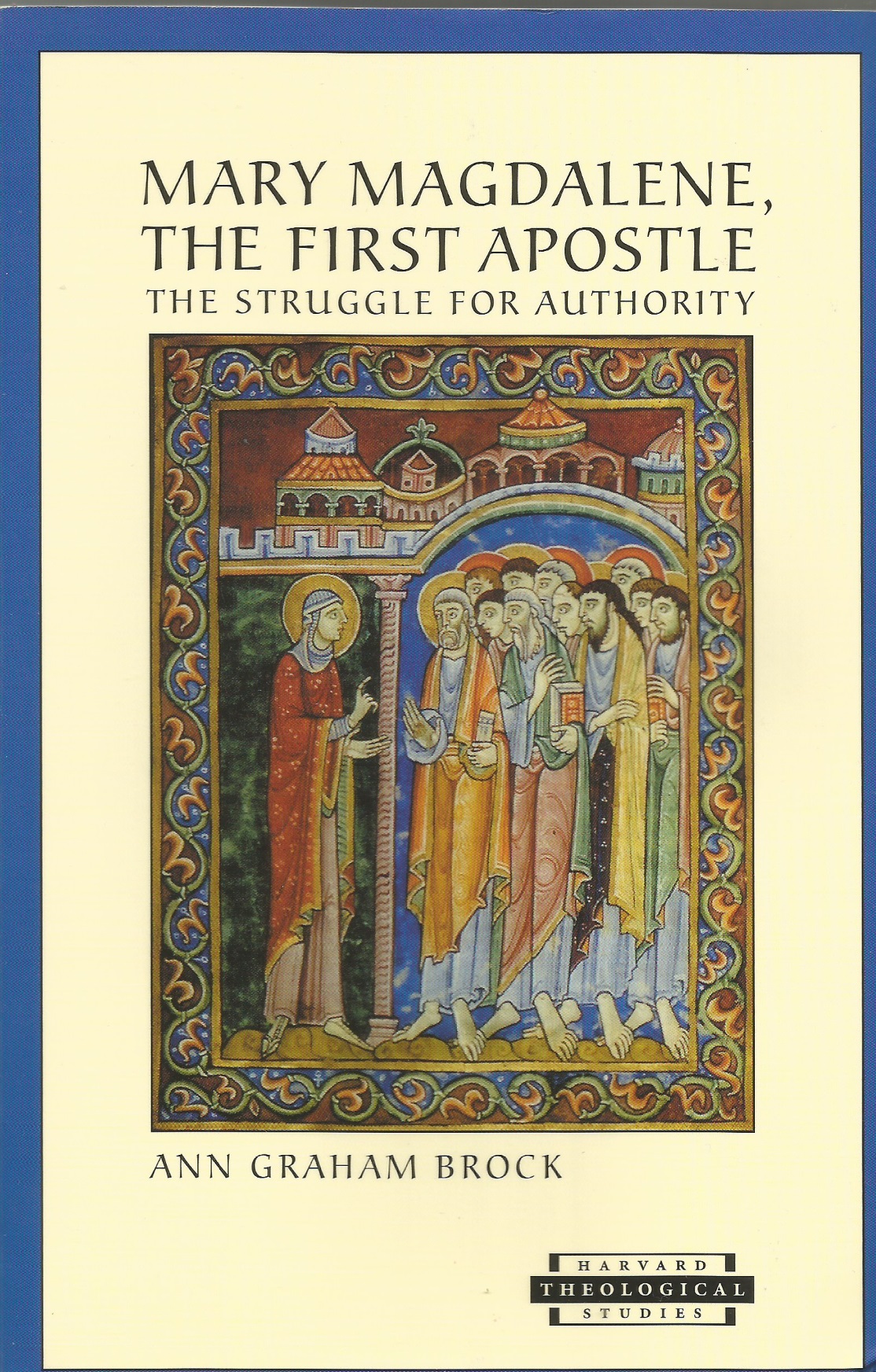
Mary Magdalene: The First Apostle

Basically what this book does is show how Mary Magdalene was a very important leader in the early Christian movement. There were two sides, though, and one side supported Mary and the other other side, dominated by Peter and Paul, basically detested her. There was a gradual but effective effort on the part of a number of people, including a Pope, to downgrade her importance, turn her into a sinner and make sure that no women held positions of importance in the Christian movement.
In somewhat more detail:
Those who supported Mary Magdalene ended up giving her the title of Apostle to the Apostles.
Those who received a resurrection appearance from Jesus were considered very important people.
The New Testament does not have a unified definition of apostle.
The early Christian church was not a unified body but consisted of a variety of different groups that had differing views on various things.
The Gospel of Luke is very supportive of Peter's becoming the lead man.
The Nag Hammadi writings and various apocryphal writings give a very different view to what the early Christian movement was like and the importance of women in that movement.
The book in various places examines quotes from the gospels of John, Matthew and Luke and shows how the first two basically support the importance of Mary Magdalene and women in general while the Gospel of Luke downplays the importance of women and basically overplays the importance of Peter.
When negative things about Peter happened the Gospel of Luke either alters what happened or ignores it entirely. (Specific examples are given of this.)
Commissioning is when someone was told to go out and preach to other people.
The book then moves on to the Gospel of John and gives specific examples of how Peter was not considered as important as he is in Luke.
At the last supper the 'beloved disciple' is next to Jesus. Peter isn't.
Mark, Matthew and John relate specific examples of Mary Magdalene's commissioning.
The Gospel of Mary even has Peter basically yelling at Mary Magdalene when she tries to talk to the disciples.
The Gospel of Thomas is very pro-female and pro-Mary Magdalene.
One time Peter even says 'women are not worthy of life.' (Uh, excuse me, but if 'women were not worthy of life' then there would be no human race at all. Peter included.)
The First Apocalypse of James is also pro-female and pro-Mary Magdalene. (Notice how all these writings in favor of Mary Magdalene and other women were banned from the 'official' Bible.)
In the Pistis Sophia Mary Magdalene says she's actually afraid of Peter. 'I am afraid of Peter for he threatens me and hates our race (women).'
The Acts of Paul talks about strong women leaders.
The Acts of Peter is basically the opposite.
The Acts of Philip is very interesting in that it varies according to the translation. In the Greek text Mary Magdalene is a prominent figure. In t he Coptic version, though, her place is taken over by Peter.
The same thing is done in other writings.
Junia was a woman who was called an apostle in early writings but was basically written out in later writings.
There's also a lot of disagreement about the exact definition of 'apostle.' Under one definition no woman can be classified as an apostle no matter whether she was with Jesus from the beginning of his preaching.
Pope Gregory the Great (540-604) was the one who demoted Mary Magdalene to the low status of a prostitute.
So, basically, very early on there was a definite program by men to downplay the importance of women in the early Christian movement. This was done by slandering them (Pope Gregory the not-so-Great), downplaying their roles in the writings or even replacing women doing things with men doing the same things.
This is very informative book.
Back to start of Spirituality section
My Index Page
|
|